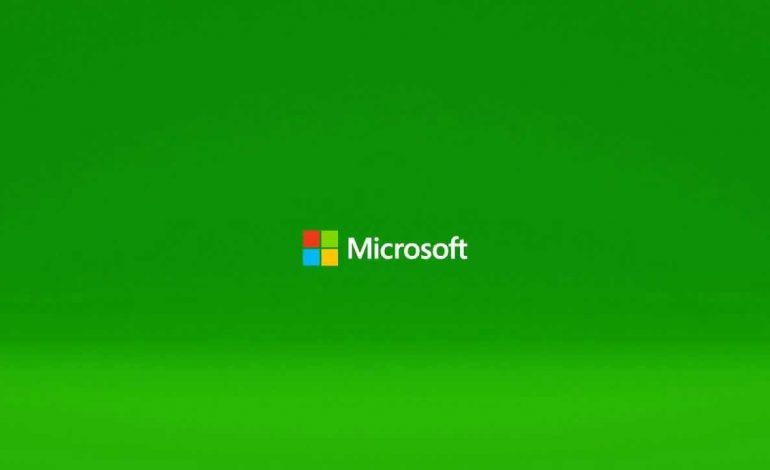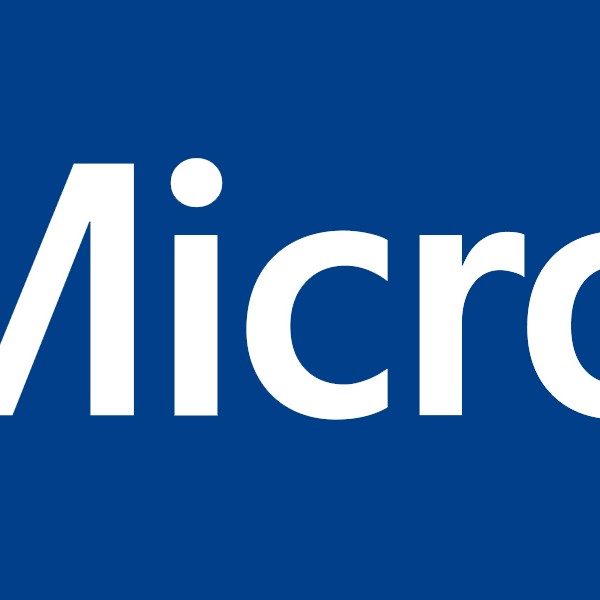

Less than two weeks after the FTC filed a lawsuit against Microsoft’s acquisition of Activision Blizzard, the merger has hit another snag as a group of gamers filed a federal antitrust lawsuit of their own. Like the FTC, the group is seeking a court order prohibiting the companies from consummating the transaction. They believe the merger would give Microsoft enough clout over multiple levels of the gaming industry “to foreclose rivals, limit output, reduce consumer choice, raise prices, and further inhibit competition.”
“Microsoft already controls one of the industry’s most popular and largest video game ecosystems,” the lawsuit reads. “The proposed acquisition would give Microsoft an unrivaled position in the gaming industry, leaving it with the greatest number of must-have games and iconic franchises.”
The complaint says that the planned merger would give Microsoft outsized power in the industry’s overlapping product markets, such as console, PC, cloud-based, and mobile gaming. The suit also says that Microsoft would also allegedly gain an edge in markets covering top-tier “AAA” games, subscription services, and consoles themselves.
According to the complaint, the merger would reduce employee mobility and leverage at exactly the wrong time, when Activision is “engulfed in lawsuits” over its toxic culture of gender discrimination and sexual harassment by combining two of the few large companies currently competing for workers with the “specialized talent” to make video games.
“This deal will expand competition and create more opportunities for gamers and game developers as we seek to bring more games to more people,” a Microsoft Spokesperson told Bloomberg.
The EU Commission allegedly rebuked concerns in the FTC’s lawsuit claiming that they lied about what they said. The European Commission said “Microsoft didn’t make any ‘commitments’ to EU regulators not to release Xbox-exclusive content following its takeover of ZeniMax Media.” The commission cleared the Microsoft/ZeniMax transaction unconditionally as it concluded that the transaction would not raise competition concerns…”
The FTC also recently settled with Epic Games for $520 million for alleged COPPA violations stemming from allegedly unethical business practices. It remains to be seen if this means anything regarding the Microsoft Activision Blizzard deal but some experts have advised Microsoft to back out of the deal for its own interest – something Microsoft has rejected.
Play games, take surveys and take advantage of special offers to help support mxdwn. Every dollar helps keep the content you love coming every single day.

